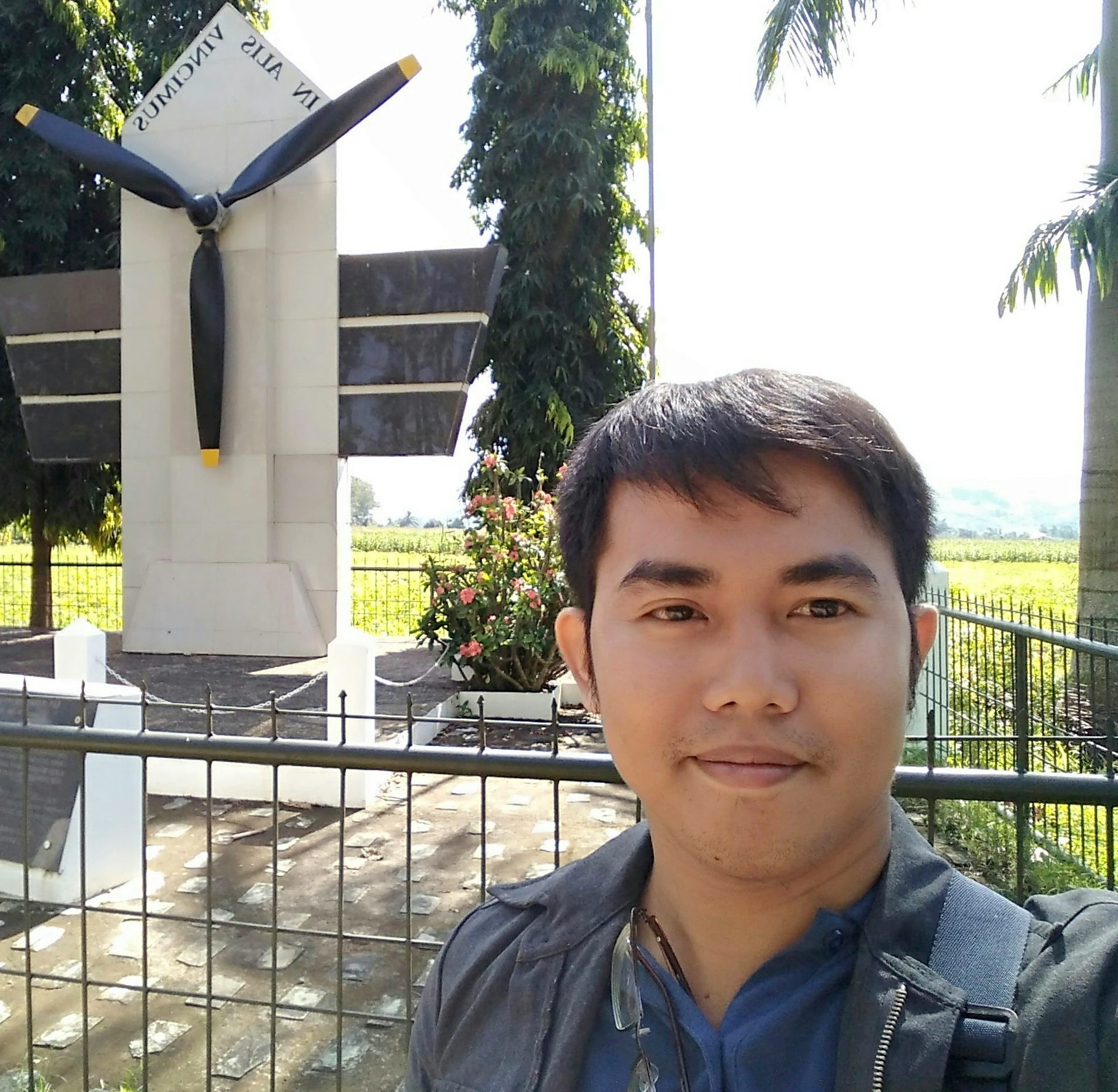
The Golden Goose of the Filipino Poor
The basic common structure of CCTs refers to transferring monetary and non-monetary resources to the poor or poorest families who have school-aged children on the condition that they meet certain commitments aimed at improving their capacities (Cecchini and Madariaga, 2011). The main purpose was to provide cash transfers to families living in extreme poverty in exchange for commitments in education and healthcare. Since then the CCT scheme has spread in many other countries including the Philippines.

The Philippines’ version of the CCT, the 4Ps, is patterned after the basic CCT structure. In the DSWD briefer of the 4Ps, it indicated that “the Pantawid Pamilyang Pilipino Program (4Ps) is a poverty reduction and social development strategy of the National Government that provides conditional cash grants to extremely poor households to improve their health, nutrition and education particularly of children aged 0-14.” It has dual objectives: (i) Social Assistance - to provide cash assistance to the poor to alleviate their immediate need (short term poverty alleviation); and (ii) Social Development - to break the intergenerational poverty cycle through investments in human capital. It helps to fulfill the country’s commitment to meet the Millennium Development Goals, namely: (1) eradicate extreme poverty and hunger, (2) achieve universal primary education, (3) promote gender equality, (4) reduce child mortality, and (5) improve maternal health. The 4Ps offers 6,000 pesos annually (P500 per month) for each household selected by the programme for health and nutrition expenses. Also, it provides 3000 pesos per child for one school year (i.e. 10 months) or 300 pesos per month for educational expenses. Only up to a maximum of three children for each household can receive a subsidy. In return, there are conditions that beneficiaries must meet, which will not be further discussed in this study. The household beneficiaries will receive the subsidy, so long as they comply with the conditionalities, for at most five years.
The 4Ps operates in all the 17 regions in the Philippines, covering 79 provinces, 143 cities, and 1,484 municipalities. Beneficiaries are selected through the National Household Targeting System for Poverty Reduction (NHTS-PR), which identifies who and where the poor are in the country. For the current year, The Unconditional Cash Transfer (UCT) program is set to be rolled out before President Rodrigo Duterte’s State of the Nation Address (SONA) in the middle of the year 2018. The Tax Reform for Acceleration and Inclusion (TRAIN) Law or Republic Act 10963, which was passed to respond to the tax system deficits, gave birth to the UCT Program that ensures P200 per month to the beneficiaries for 2018 and P300 per month in the next two years.
References
https://www.officialgazette.gov.ph/programs/conditional-cash-transfer/
https://pia.gov.ph/news/articles/1007843